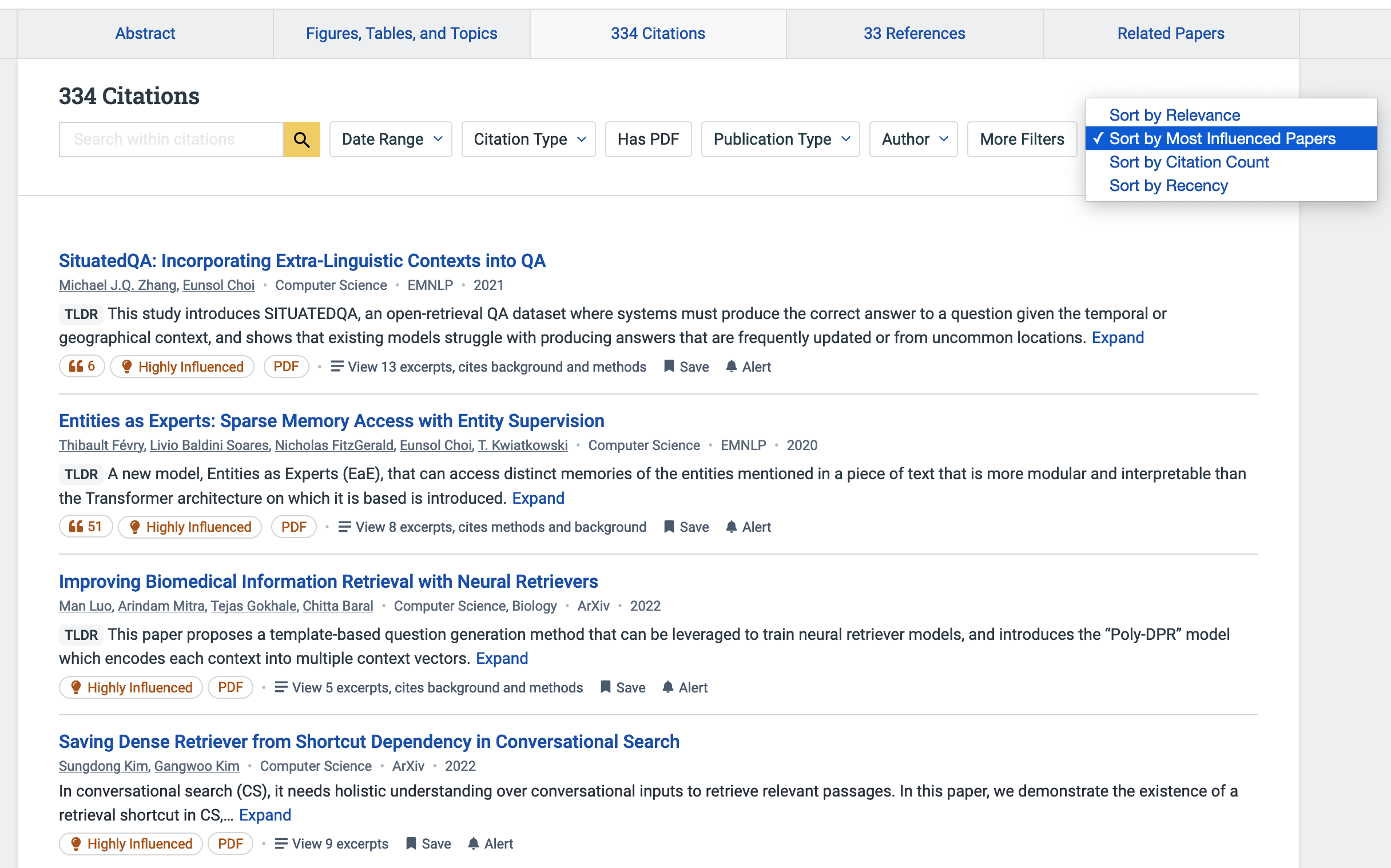You don't need to read abstracts nor papers, you can use the following method to skim papers.
Method. Find the paper on Google Scholar and click the "cited by 180" link, that'll give you a link such as https://scholar.google.fr/scholar?cites=7297898505323682187, repeat the following steps for each of the 180 papers: 1) download, 2) find the citation to the original paper in the bibliography (hopefully in numeric, e.g., [1], or alphanumeric, e.g., [AB17], form), and 3) search for the citation (e.g., search for AB17) in the paper and check whether it is cited in a meaningful way.
Cost. Step 1 will cost you ~5 seconds if there's no pay wall and possibly minutes if there is, Step 2 takes ~30 seconds, and Step 3 takes ~50 seconds. (As you get better those timings will reduce.) Thus, a lower-bound on cost is around 1 1/2 minutes per paper or around half a day for all 180 papers. Factoring in pay walled papers, it might take 1-2 days.
Alternatively, if you know roughly what you are looking for, then you can reduce your search space, e.g., you can consider all the papers that cite the original and contain "keyword" (https://scholar.google.fr/scholar?cites=7297898505323682187&scipsc=1&q=keyword)

